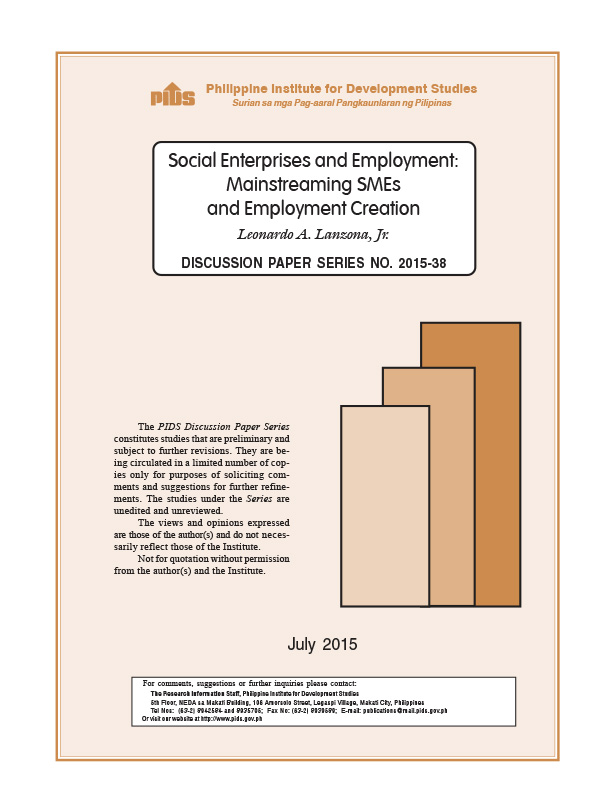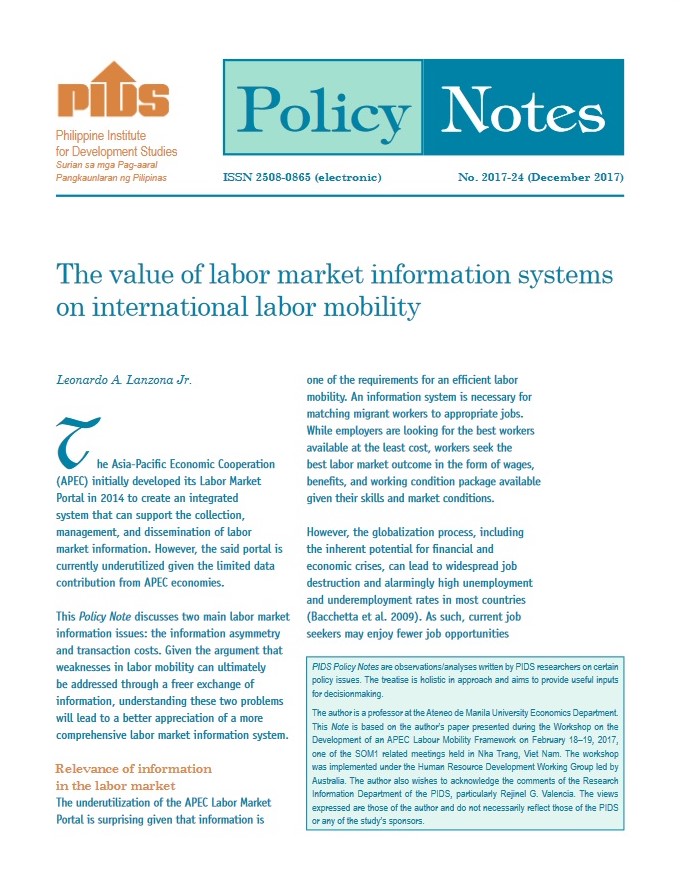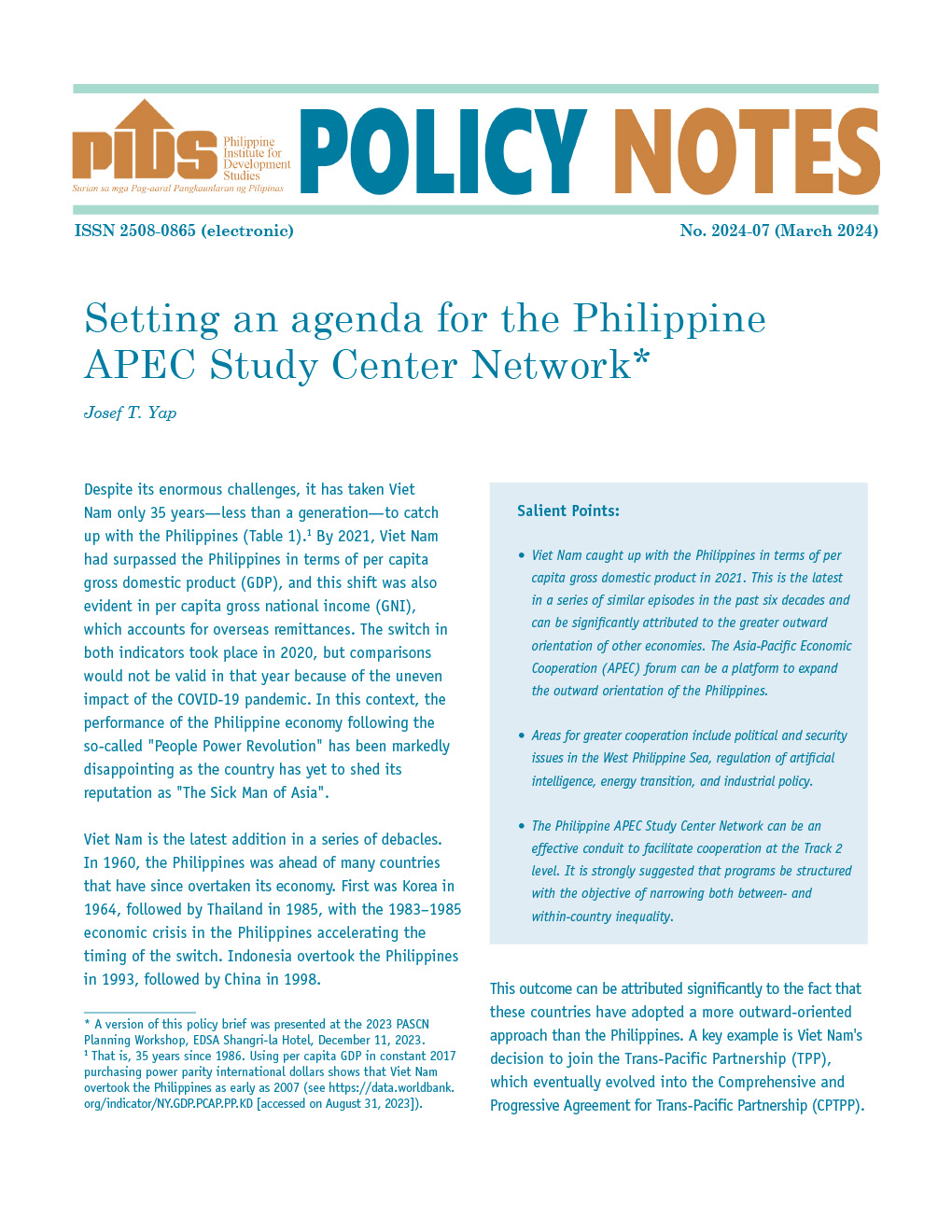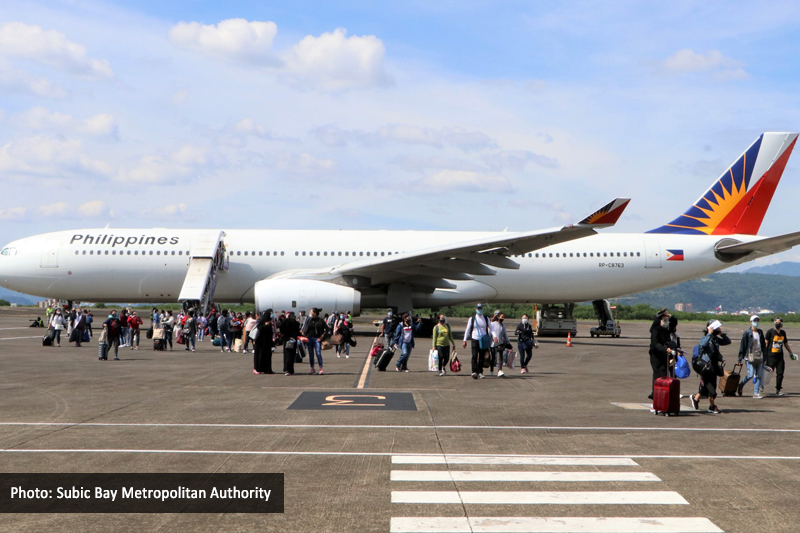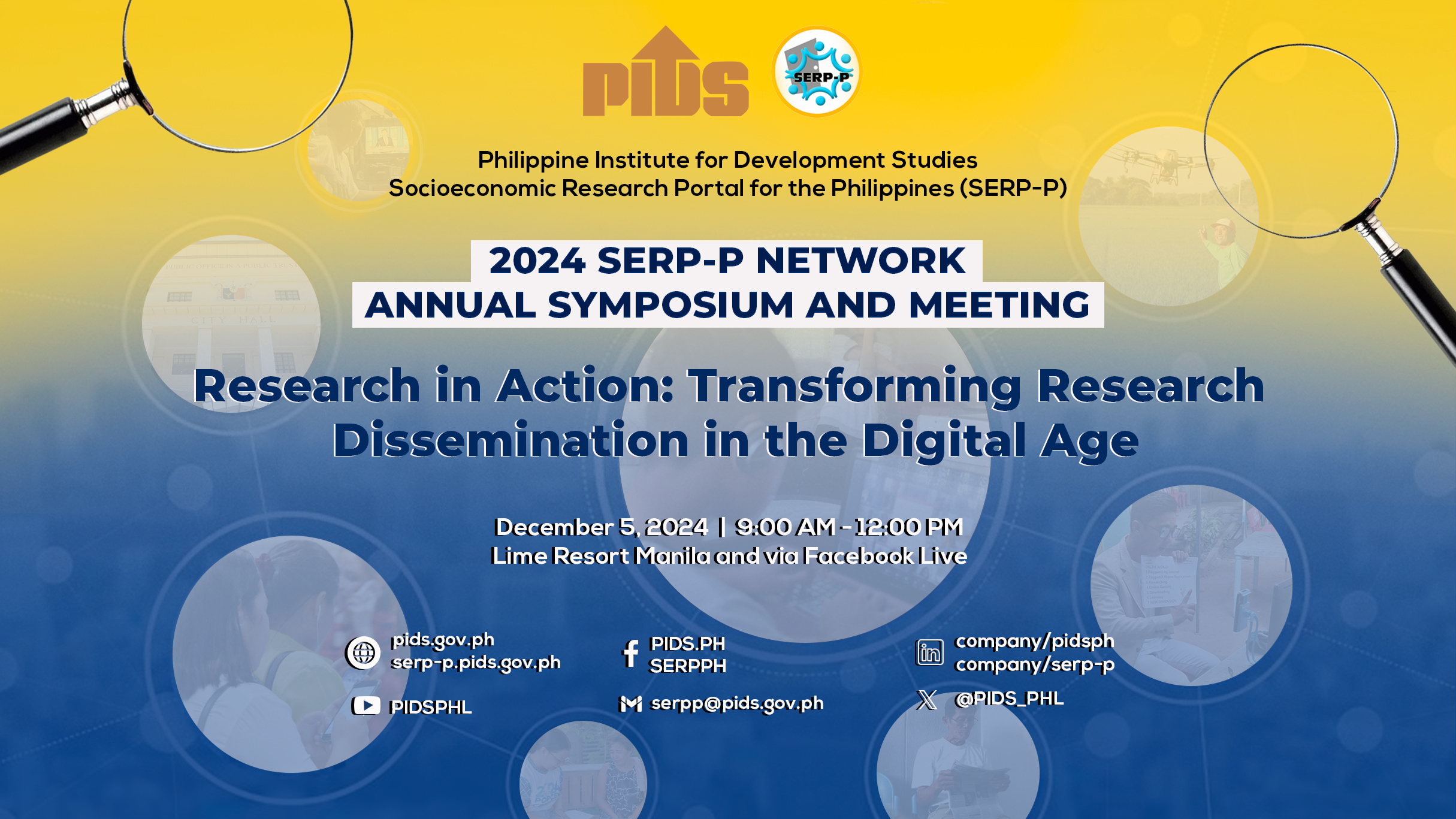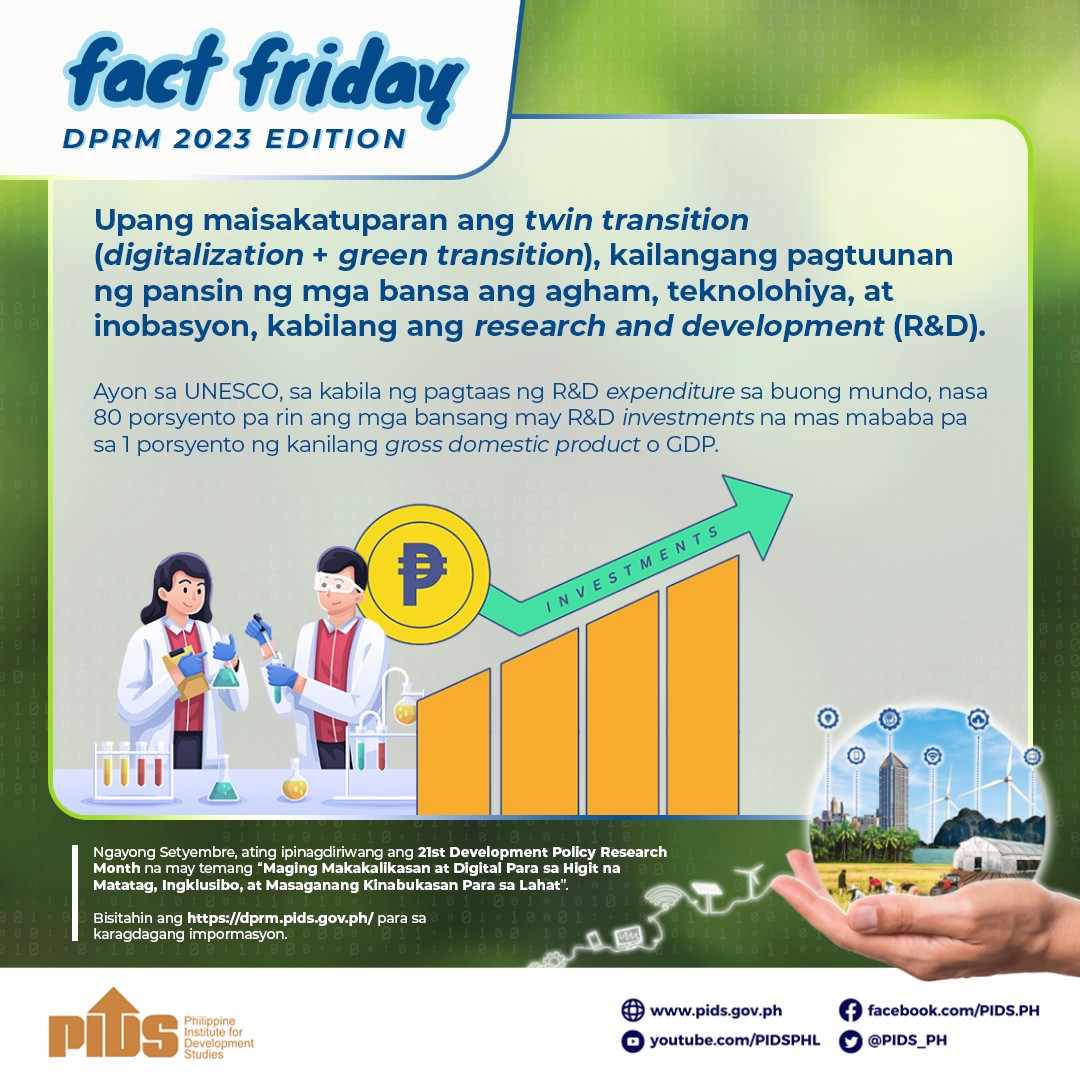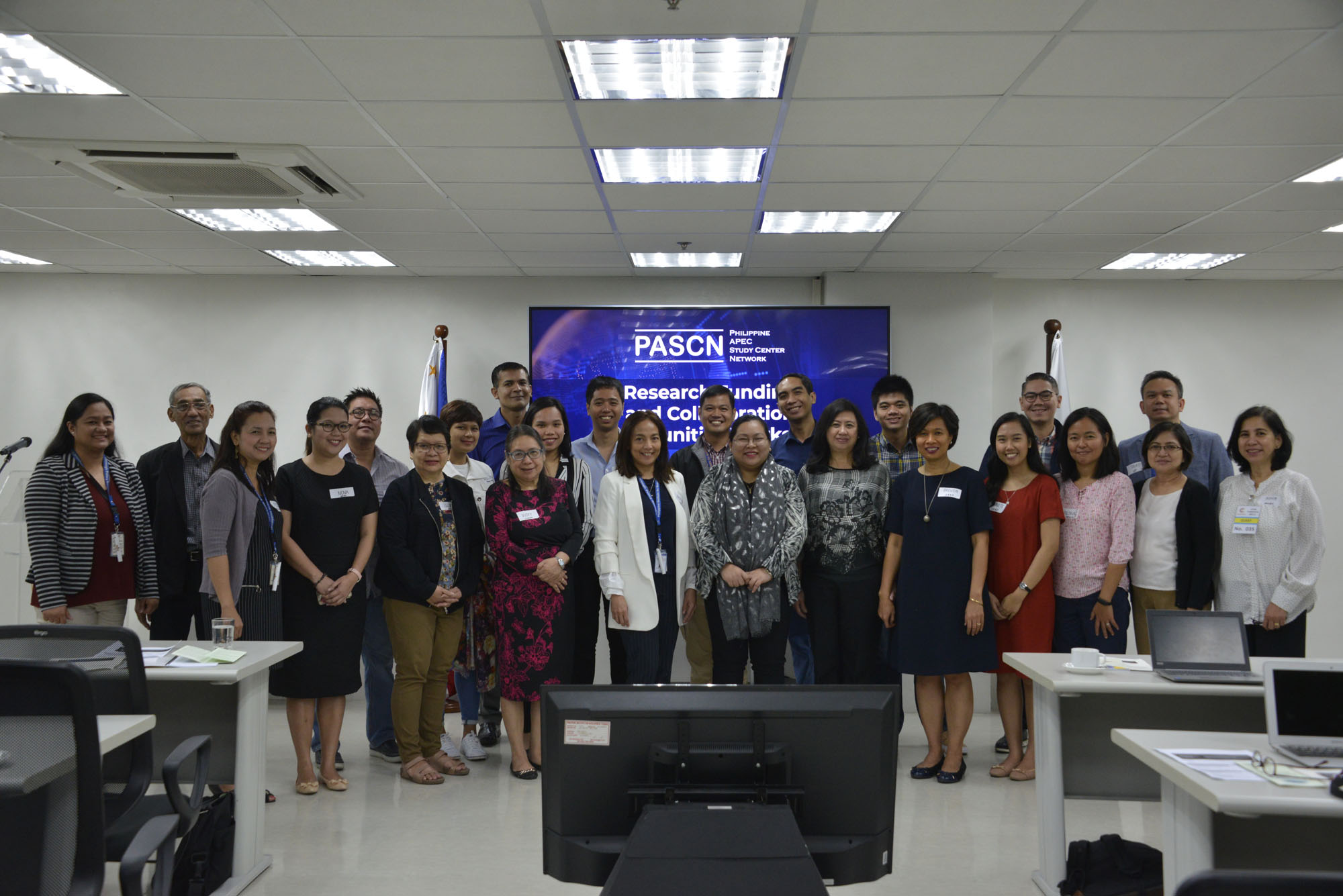
Filipino researchers can apply for research funding from the European Union’s (EU) Horizon 2020 program. This is according to Dr. Jenny Lind Elmaco, Marie Curie Alumni Association Country Representative and Office of Strategic Partnerships Director at Silliman University. Elmaco said the Horizon 2020 program is EU’s biggest research and innovation program with nearly EUR 80 billion (PHP 4.77 trillion) of funding available from 2014 to 2020.
“Right now, there is a targeted cooperation with the Philippines and it’s on transport,” Elmaco said during the workshop on research funding and collaboration opportunities recently organized by the Philippine Institute for Development Studies (PIDS) and the Philippine APEC Study Network (PASCN). She also provided tips on how to prepare proposals for the EU’s Marie Sklodowska-Curie Actions, which also offers grants to researchers.
Elmaco noted that among the countries in Asia, the Philippines is “a little bit behind” when it comes to collaboration with the EU. She shared that as of June 2018, the Philippines has just received a total of EUR 90,000 (PHP 5.3 million) as funding assistance for research from the EU.
PIDS President Celia Reyes, in her opening remarks, noted that research funding opportunities can lead to future collaborations among institutions, both local and foreign. This can then improve the expertise of Filipino researchers as well as enhance their capacity-building.
“For any organization, especially for government institutions, one of the hurdles in implementing research projects is the lack of funding and the need for capacity-building,” Reyes said.
Marie Sherylyn Aquia, director at the Bureau of International Trade Relations of the Department of Trade and Industry, also discussed the research opportunities offered by the Asia Pacific Economic Cooperation (APEC) and shared best practices on how to draft successful APEC proposals.
Meanwhile, PIDS Supervising Research Specialists Maureen Rosellon and Mark Anthony Barral provided updates on the APEC Policy Tools Project, which aims to make APEC information more accessible by creating a single repository of APEC-related materials.
The workshop is part of PASCN’s information dissemination and technical assistance programs. The PASCN was established in 1996 through Administrative Order 303 as the Philippines’ response to the APEC Leaders’ Education Initiative, which aims to develop regional cooperation among higher education and research institutions in the APEC region. The Network provides an avenue for universities and research institutions in the country to work together not only on issues pertaining to APEC but also on development reforms. The PIDS serves as the convener and secretariat of the PASCN.
Among the participants in the workshop were representatives from the academe, government (particularly the agencies comprising the Technical Board on APEC Matters), and civil society. ###
“Right now, there is a targeted cooperation with the Philippines and it’s on transport,” Elmaco said during the workshop on research funding and collaboration opportunities recently organized by the Philippine Institute for Development Studies (PIDS) and the Philippine APEC Study Network (PASCN). She also provided tips on how to prepare proposals for the EU’s Marie Sklodowska-Curie Actions, which also offers grants to researchers.
Elmaco noted that among the countries in Asia, the Philippines is “a little bit behind” when it comes to collaboration with the EU. She shared that as of June 2018, the Philippines has just received a total of EUR 90,000 (PHP 5.3 million) as funding assistance for research from the EU.
PIDS President Celia Reyes, in her opening remarks, noted that research funding opportunities can lead to future collaborations among institutions, both local and foreign. This can then improve the expertise of Filipino researchers as well as enhance their capacity-building.
“For any organization, especially for government institutions, one of the hurdles in implementing research projects is the lack of funding and the need for capacity-building,” Reyes said.
Marie Sherylyn Aquia, director at the Bureau of International Trade Relations of the Department of Trade and Industry, also discussed the research opportunities offered by the Asia Pacific Economic Cooperation (APEC) and shared best practices on how to draft successful APEC proposals.
Meanwhile, PIDS Supervising Research Specialists Maureen Rosellon and Mark Anthony Barral provided updates on the APEC Policy Tools Project, which aims to make APEC information more accessible by creating a single repository of APEC-related materials.
The workshop is part of PASCN’s information dissemination and technical assistance programs. The PASCN was established in 1996 through Administrative Order 303 as the Philippines’ response to the APEC Leaders’ Education Initiative, which aims to develop regional cooperation among higher education and research institutions in the APEC region. The Network provides an avenue for universities and research institutions in the country to work together not only on issues pertaining to APEC but also on development reforms. The PIDS serves as the convener and secretariat of the PASCN.
Among the participants in the workshop were representatives from the academe, government (particularly the agencies comprising the Technical Board on APEC Matters), and civil society. ###

